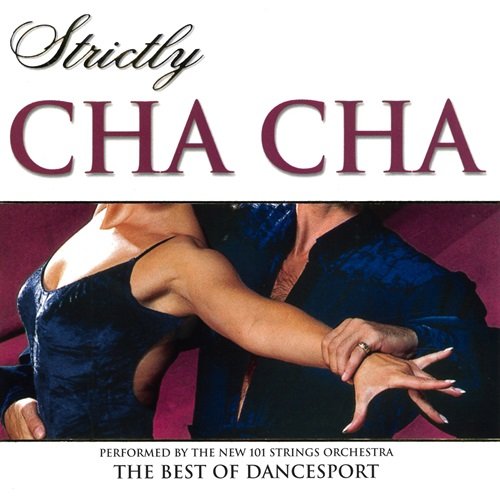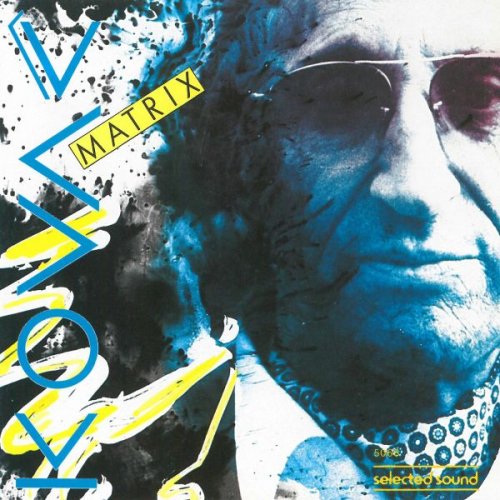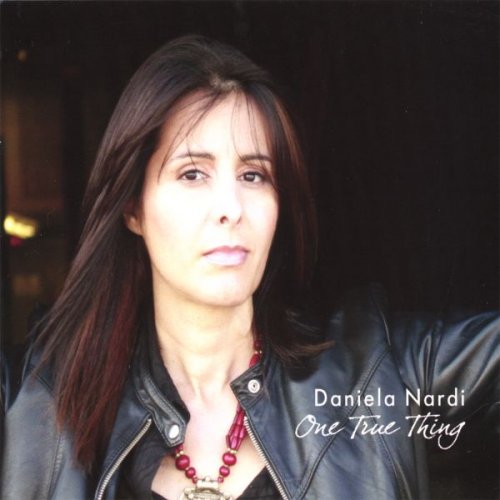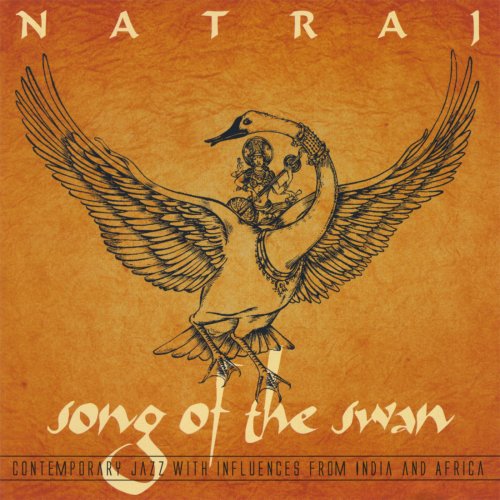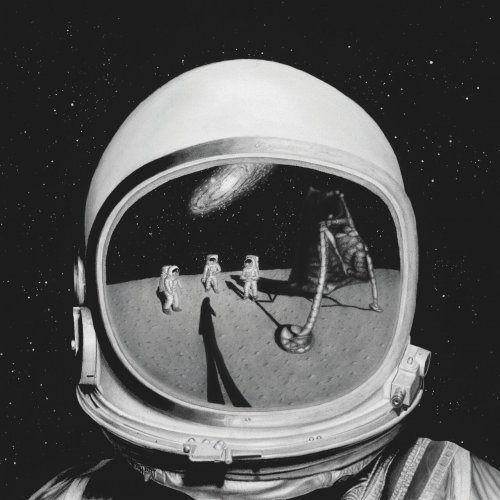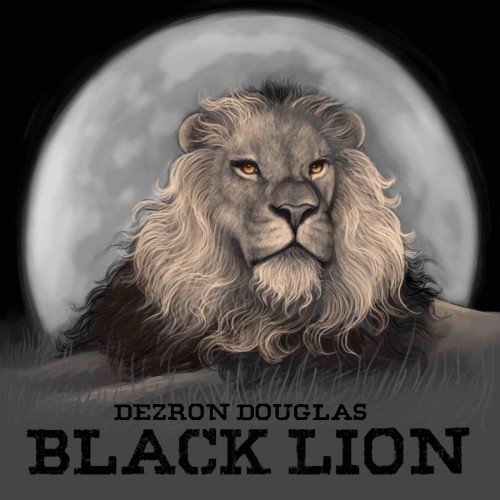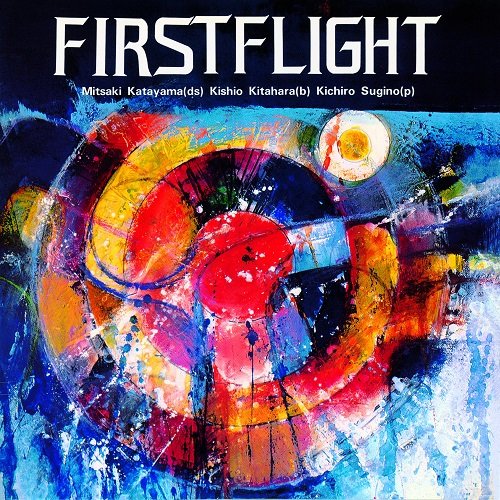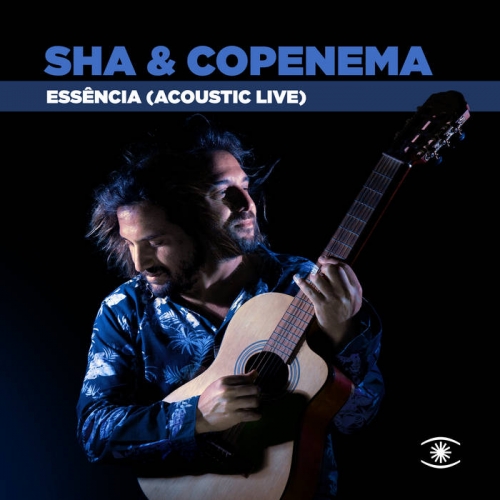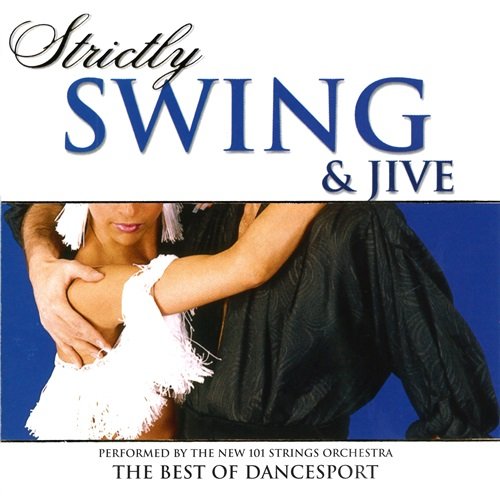Jing Chi - Jing Chi (2002)
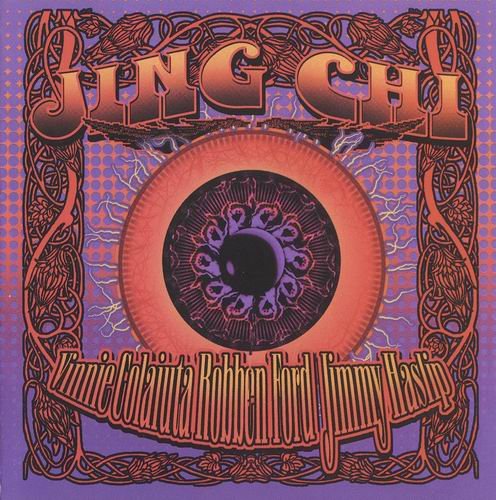
Artist: Jing Chi
Title: Jing Chi
Year Of Release: 2002
Label: Tone Center[TC 40212]
Genre: Jazz Rock, Fusion
Quality: FLAC (image + .cue,log,scans) | MP3/320 kbps
Total Time: 68:51
Total Size: 483 MB(+3%) | 163 MB(+3%)
WebSite: Album Preview
TracklistTitle: Jing Chi
Year Of Release: 2002
Label: Tone Center[TC 40212]
Genre: Jazz Rock, Fusion
Quality: FLAC (image + .cue,log,scans) | MP3/320 kbps
Total Time: 68:51
Total Size: 483 MB(+3%) | 163 MB(+3%)
WebSite: Album Preview
1. The Hong Kong Incident (8:07)
02. Stan Key (5:27)
03. Tengoku (9:49)
04. Crazy House (5:03)
05. Going Nowhere (6:16)
06. Go Figure (7:27)
07. Man In The Ring (8:50)
08. In My Dream (5:31)
09. Train Song (7:56)
10. Aurora (4:25)
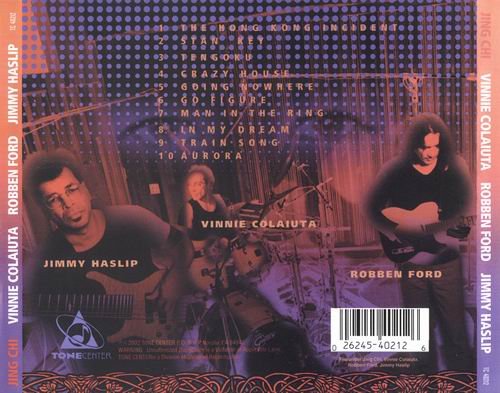
personnel :
Robben Ford - guitar, vocals on 5
Vinnie Colaiuta - drums
Jimmy Haslip - bass, keyboards, vocals on 8
Guest :
Brian Auger - organ (7)
Dan Morris - tablas (5)
Steve Tavaglione - E.W.I. wind synthesizer, synt programming, additional keyboards
No, this isn't a sister project to Wang Chung, it's actually a blistering and very trippy jazz fusion blast by three old vets who've been shedding over the years in Robben Ford's band. The cover of the disc features psychedelic art and the trio's names -- drummer Vinnie Colaiuta, guitarist Ford, and bassist Jimmy Haslip -- in alphabetical order so that listeners don't mistake any one of them for the leader. It's just an intense ensemble disc that draws from feisty blues-rock (dig the blistering free-for-all opener, "The Hong Kong Incident") to cooler atmospheric experiments (the seductive, laid-back "Stan Key.") There are a lot of influences from '60s rock, cult music, Miles Davis' Bitches Brew, down-home funky Delta blues, and a little James Brown kickin' soul as well. The wah-wah-driven, floating atmospheres of "Tengoku" lets listeners know that while these cats can blow heavy, they're happy at times just to kick back and get deep into nostalgia. Ford's balance of intense playing and strong melodicism is effective in keeping people who like good songwriting in the loop at times when it would be just as easy to just jam and forget about any structure. He also adds a decent vocal to "Going Nowhere," which is anchored in Haslip's hypnotic lines. Less effective is Haslip's robotic attempt to be like Sting on the vocal part of the all-atmospheric "In My Dream." That tune is the only real drawback to a very inventive disc of so many moods and such powerful playing. ~ Jonathan Widran

